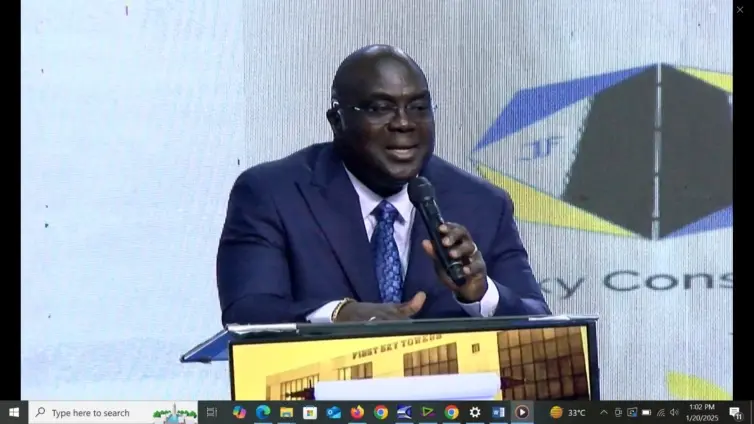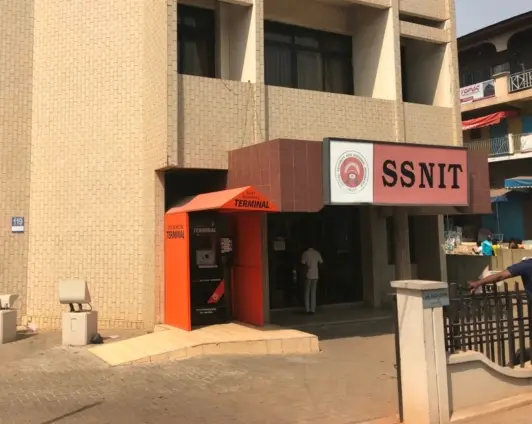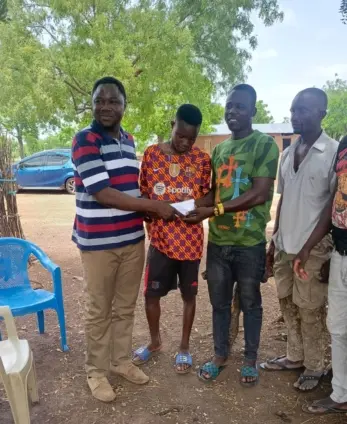A worrying trend has emerged in Ghana, with journalists increasingly facing arrest and prosecution under what are termed “false news laws.” These laws, ostensibly intended to combat the spread of misinformation, are now under scrutiny for their potential to stifle press freedom and enable journalist intimidation. At the heart of this debate is Kwaku Asante, a highly respected journalist who recently voiced his concerns before the Constitutional Review Committee, sparking a national conversation about the state of media independence in Ghana.
This article delves into Asante’s critique, examining the implications of these false news laws on press freedom Ghana and the potential for journalist intimidation. It explores the context in which these laws are being applied and considers the broader ramifications for democracy and freedom of expression.
The Context: False News Laws in Ghana
“False news laws” in Ghana generally refer to provisions within the existing legal framework, particularly the criminal code, that criminalize the publication or dissemination of false information deemed likely to cause fear, alarm, or public disorder. While the original intent behind these laws may have been to prevent panic and maintain public safety, their application has expanded to encompass a wider range of speech, including reporting on matters of public interest. This expansion has raised concerns about the potential for abuse and the chilling effect on journalistic inquiry.
Critics argue that the ambiguity of these laws allows authorities to interpret and apply them selectively, targeting journalists and media outlets critical of the government or powerful individuals. The lack of clear definitions and safeguards makes it difficult for journalists to discern what constitutes “false news” and increases the risk of arbitrary arrest and prosecution.
Kwaku Asante’s Critique of the Misuse of False News Laws
Kwaku Asante’s criticism centers on the argument that these laws are being misapplied, blurring the lines between civil matters and criminal offenses. Addressing the Constitutional Review Committee, Asante highlighted the growing trend of using false news laws to silence journalists reporting on alleged wrongdoing or corruption. He emphasized that matters of factual accuracy should be resolved through civil litigation rather than criminal prosecution.
“In the last year or two, a journalist was picked up for saying the Vice President’s wife owned some land,” Asante stated. “They called it false publication likely to cause fear and panic. But my understanding of false news laws, as they exist in the criminal code, is that they were designed for situations like someone yelling ‘there’s a bomb’ in a crowded stadium, which leads to chaos, injuries, or even death. That’s what those laws were meant for.”
Asante further argued that, “If a journalist wrongly reports that the Vice President or President owns land, and it turns out to be false, the remedy should be legal action in the civil courts, not police officers storming a newsroom to arrest someone.” His point underscores the disproportionate response and the potential for journalist intimidation inherent in using criminal charges to address factual inaccuracies.
The Case of the Alleged Land Ownership
The case Asante referenced involved a journalist who reported that the former Vice President’s wife owned a specific piece of land. Following the publication of the story, authorities arrested the journalist and charged them under the false news laws. Asante contends that this case exemplifies the misuse of these laws because the matter pertains to a factual dispute over property ownership, which should be resolved through civil proceedings, such as a defamation lawsuit, rather than criminal charges.
The arrest sent a chilling message to other journalists, creating an environment of fear and self-censorship. Asante believes that such actions undermine press freedom and deter journalists from reporting on sensitive issues of public interest.
The Importance of Upholding Fundamental Values
Asante also emphasized the need to embed core principles like freedom of expression and media independence within the Constitution. He argued that these fundamental values should serve as guiding principles for all subsidiary legislation, preventing the misuse of laws that could stifle press freedom. Without such safeguards, he warned, the potential for abuse remains high, and democracy itself is threatened.
“The Constitution cannot contain every idea,” Asante said. “But if we can establish core principles like freedom of expression, media independence, and protection from arbitrary arrest, then other laws can be built on that foundation.” This approach would ensure that laws are interpreted and applied in a manner consistent with the protection of fundamental rights.
The failure to protect these values can lead to a climate of self-censorship, where journalists are hesitant to report on sensitive issues for fear of reprisal. This, in turn, can erode public trust in the media and undermine the ability of citizens to hold their government accountable.
Potential Solutions and the Way Forward
Several potential solutions exist to address the misuse of false news laws and protect press freedom. One approach is to reform the existing laws to provide clearer definitions of what constitutes “false news” and to establish safeguards against arbitrary application. Another is to strengthen civil remedies for defamation, providing individuals who believe they have been wrongly portrayed with an avenue to seek redress without resorting to criminal prosecution.
Furthermore, promoting media literacy and responsible journalism can help to reduce the spread of misinformation and build public trust in the media. By empowering citizens to critically evaluate information and holding journalists accountable for their reporting, it is possible to create a more informed and resilient media ecosystem.
Conclusion
Kwaku Asante’s critique of Ghana’s false news laws highlights a critical challenge to press freedom and the potential for journalist intimidation. His address to the Constitutional Review Committee serves as a call to action, urging lawmakers and citizens alike to prioritize the protection of fundamental rights and prevent the misuse of laws that could stifle free expression. By upholding these values, Ghana can ensure a vibrant and independent media that serves as a vital check on power and promotes accountability.
It is imperative to support initiatives that promote media freedom and hold authorities accountable for any attempts to silence journalists or restrict the flow of information. Only through vigilance and collective action can we safeguard the principles of democracy and ensure a future where journalists can report without fear of reprisal.
Image Source: MYJOYONLINE






















